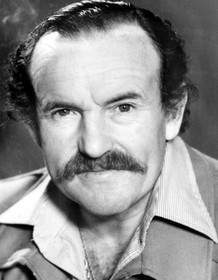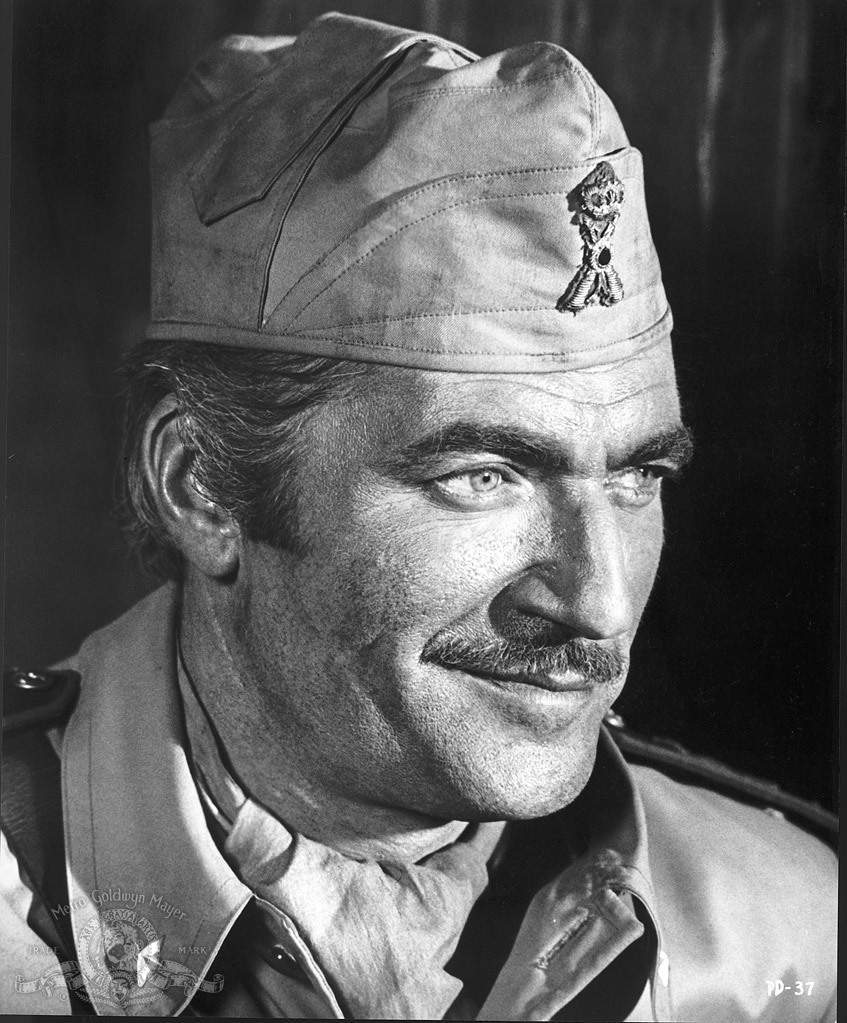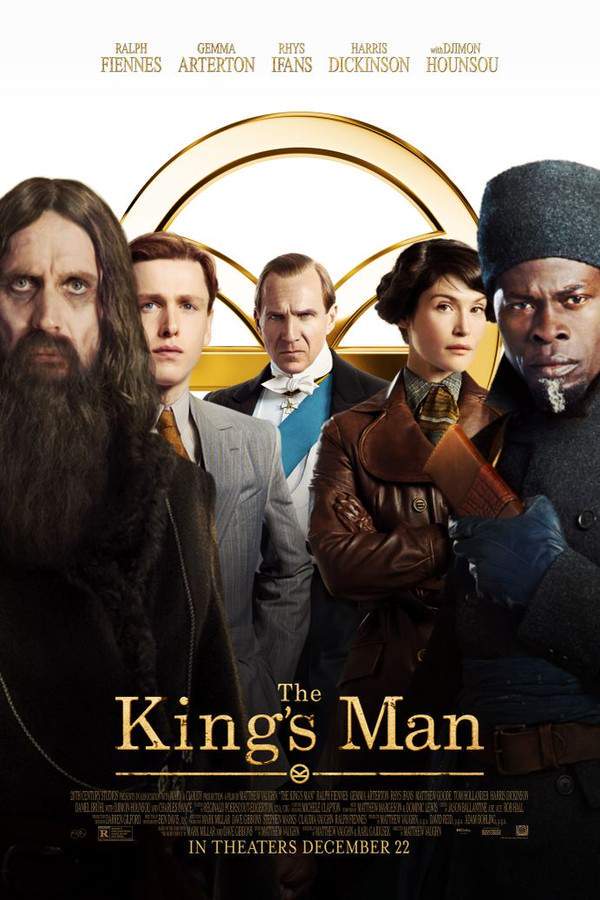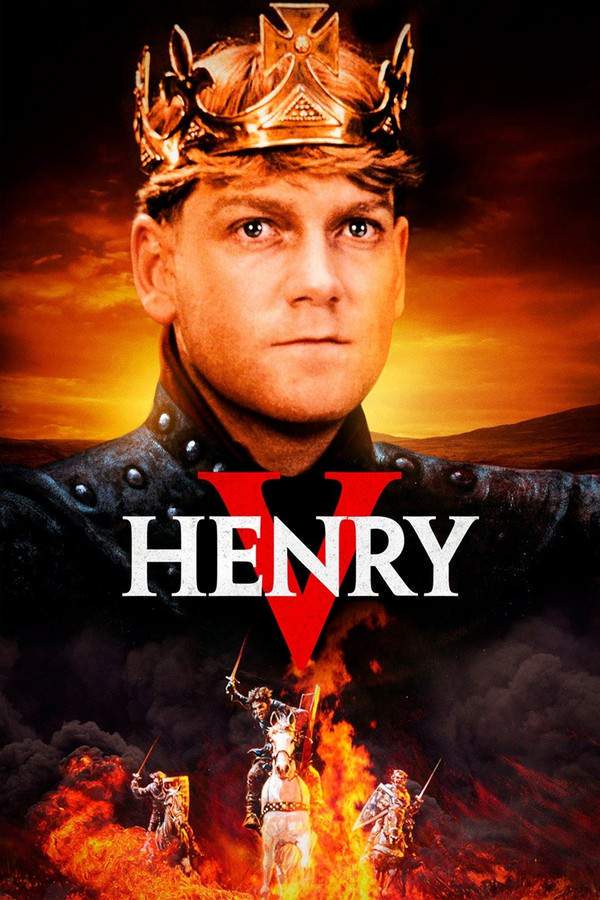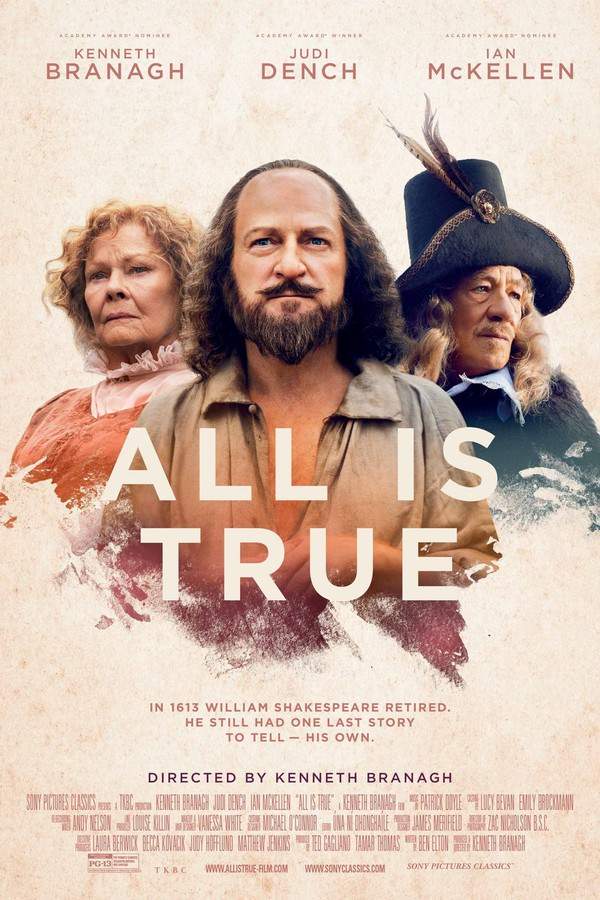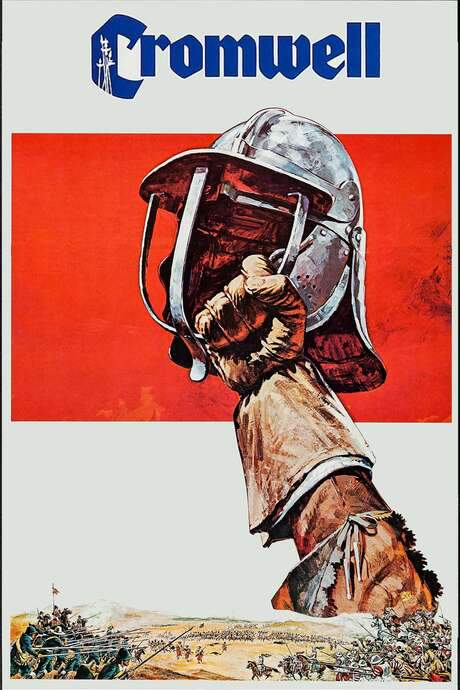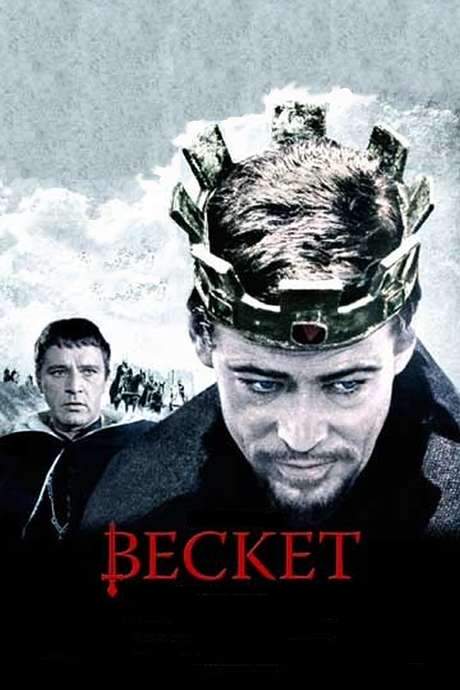A Man for All Seasons 1966
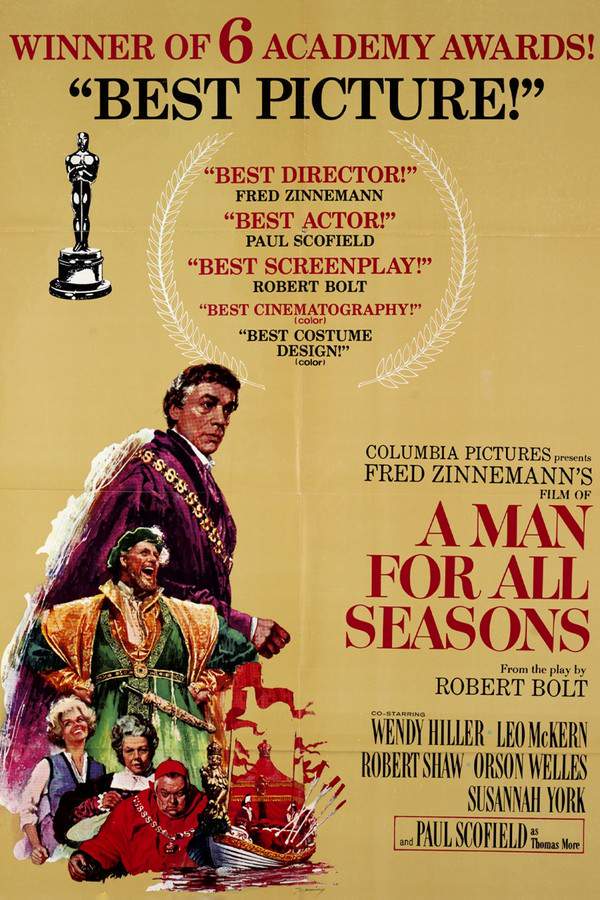
During the reign of King Henry VIII, the steadfast Sir Thomas More finds himself at odds with the ambitious monarch who seeks to annul his marriage. More's deep religious convictions lead him to defy the King's demands, triggering a tense conflict that challenges the foundations of the royal court. Faced with immense pressure to compromise his beliefs, More must choose between personal safety and his unwavering principles, ultimately risking everything for his conscience.
Does A Man for All Seasons have end credit scenes?
No!
A Man for All Seasons does not have end credit scenes. You can leave when the credits roll.
Meet the Full Cast and Actors of A Man for All Seasons
Explore the complete cast of A Man for All Seasons, including both lead and supporting actors. Learn who plays each character, discover their past roles and achievements, and find out what makes this ensemble cast stand out in the world of film and television.
External Links and Streaming Options
Discover where to watch A Man for All Seasons online, including streaming platforms, rental options, and official sources. Compare reviews, ratings, and in-depth movie information across sites like IMDb, TMDb, Wikipedia or Rotten Tomatoes.
Ratings and Reviews for A Man for All Seasons
See how A Man for All Seasons is rated across major platforms like IMDb, Metacritic, and TMDb. Compare audience scores and critic reviews to understand where A Man for All Seasons stands among top-rated movies in its genre.

72
Metascore
7.2
User Score


89%
TOMATOMETER

87%
User Score

7.7 /10
IMDb Rating

73
%
User Score
Take the Ultimate A Man for All Seasons Movie Quiz
Challenge your knowledge of A Man for All Seasons with this fun and interactive movie quiz. Test yourself on key plot points, iconic characters, hidden details, and memorable moments to see how well you really know the film.
A Man for All Seasons Quiz: Test your knowledge on the historical drama 'A Man for All Seasons' and its pivotal characters and events.
Who is summoned by Cardinal Wolsey to discuss King Henry VIII's divorce?
Sir Thomas More
Thomas Cromwell
Richard Rich
King Henry VIII
Show hint
Awards & Nominations for A Man for All Seasons
Discover all the awards and nominations received by A Man for All Seasons, from Oscars to film festival honors. Learn how A Man for All Seasons and its cast and crew have been recognized by critics and the industry alike.
21st British Academy Film Awards 1968


Best British Screenplay

Best British Art Direction
Best British Cinematography, Colour
Best British Costume Design, Colour
39th Academy Awards 1967

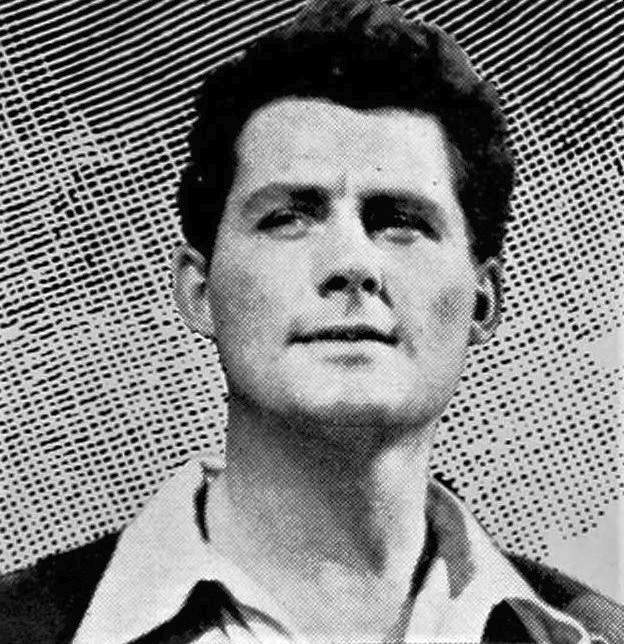
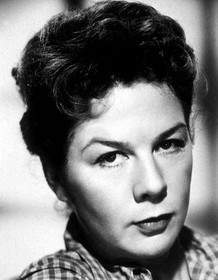
Cinematography (Color)
Costume Design (Color)

Best Picture
Writing (Screenplay—based on material from another medium)
19th Directors Guild of America Awards 1967

24th Golden Globe Awards 1967
Best Motion Picture - Drama


Best Supporting Performance in a Motion Picture – Drama, Comedy or Musical (Supporting Actor)
Robert Shaw
Best Screenplay
Full Plot Summary and Ending Explained for A Man for All Seasons
Read the complete plot summary of A Man for All Seasons, including all major events, twists, and the full ending explained in detail. Explore key characters, themes, hidden meanings, and everything you need to understand the story from beginning to end.
Cardinal Wolsey (Orson Welles) summons Sir Thomas More (Paul Scofield) to his grand palace at Hampton Court. Wolsey seeks More’s backing in his quest to secure a divorce from the Pope, enabling the King to marry Anne Boleyn. He expresses frustration at More being the lone voice of dissent in the Privy Council. Upon hearing More’s insistence that the Pope will never grant such a divorce, Wolsey is taken aback by More’s refusal to endorse his plan to exert “pressure” for an annulment. More stands firm, asserting that legal and religious avenues have been exhausted, leaving no basis for the Pope to approve such a request.
As More takes a ferry back to his estate along the River Thames, he encounters Richard Rich (John Hurt), a young acquaintance from his Cambridge days. Ambitious and drawn to power, Rich implores More for a position at Court. However, More, warning him of the rampant corruption within, suggests that Rich pursue a career in teaching instead.
Upon returning home, More discovers his daughter Meg (Susannah York) with William Roper (Corin Redgrave), a young Lutheran who seeks to marry her. More, a devout Catholic, firmly declines—“no” will be his answer as long as Roper remains a heretic.
Wolsey, stripped of his power and banished from Court after failing to manipulate the Pope into granting a divorce, meets his demise. Meanwhile, King Henry (Robert Shaw) promotes More to Lord Chancellor of England. Soon after, the King unexpectedly visits More at home on a barge to probe about the divorce. More, caught between his conscience and the King’s expectations, stays resolute, even as Henry oscillates between veiled threats and enticing offers of royal favor. The King’s temper flares when More refers to Catherine as “the Queen,” leading to a fit of rage as he storms off, leaving his courtiers scrambling to keep up, much to his amusement.
At the riverbank, Rich encounters Thomas Cromwell (Leo McKern), who slyly suggests he might have information that could tarnish More’s reputation in exchange for a position at Court. Meanwhile, Roper—having heard of More’s discontent with the King—reveals a radical shift in his own beliefs, boldly declaring that the King has become “the Devil’s minister” by challenging the Catholic Church. More, anxious for Roper’s safety, urges caution as Rich returns, once more seeking a Court position. When More denies him again, Rich spitefully claims that More’s steward is a spy for Cromwell, unraveling an alarming truth for More and his family, including his wife Alice (Wendy Hiller)—that Rich is indeed being used by Cromwell.
Despite the pleas of his family to have Rich arrested for his treachery, More maintains his stance, insisting that Rich, while a threat, has broken no laws. As Rich aligns himself with Cromwell, their combined efforts intensify against More. Frustrated by the Vatican’s inaction regarding his annulment, Henry declares himself the “Supreme Head of the Church in England,” forcing both Parliament and the bishops to forsake their allegiances to the Pope. In quiet defiance, More resigns his chancellorship rather than submit to the new order, recognizing that the time has come for discretion over open discourse.
The King’s demands escalate, compelling More to attend his wedding to Anne Boleyn. More, steadfast in his principles, resists and is summoned back to Hampton Court, now ruled by Cromwell, where he faces interrogation about his beliefs. Citing his rights under English law, More’s refusal to respond only enrages Cromwell, who threatens him with charges of treason.
Returning home, More learns from Meg about a newly circulated oath regarding the marriage to Anne Boleyn. Initially, he contemplates taking the oath, conditional on it aligning with his conscience. However, understanding the implications—that the King cannot claim supremacy over the Church as that role is reserved for the Pope—More ultimately refuses to take the oath, leading to his imprisonment in the Tower of London.
Despite Cromwell’s coercive tactics, the subtle influence of Archbishop Thomas Cranmer, and the entreaties of both Norfolk (Nigel Davenport) and his family, More remains unyielding in his principles. When brought to trial, he remains silent until convicted of treason, based solely on the perjured testimony of Richard Rich, who soon after receives a promotion to Attorney General for Wales as a reward.
Facing a grim fate, More boldly denounces the King’s overreach, invoking the Biblical authority of the Papacy and the sanctity of the Church’s immunity from State interference, as guaranteed by the Magna Carta and the King’s own Coronation Oath. The courtroom erupts in chaos as spectators protest, yet More is condemned to die.
In the aftermath, a narrator recounts the fates of the principal figures: More’s head is displayed on Traitor’s Gate for a month until his daughter Margaret retrieves it, keeping it until her decease. Cromwell eventually faces execution for high treason within five years of More, the Archbishop is burned at the stake, and although the Duke of Norfolk narrowly escapes execution, his life ultimately hangs by the King’s demise from syphilis. Meanwhile, Richard Rich climbs to the highest echelons of power as Chancellor of England, living out his days unscathed.
Uncover the Details: Timeline, Characters, Themes, and Beyond!

Coming soon on iOS and Android
The Plot Explained Mobile App
From blockbusters to hidden gems — dive into movie stories anytime, anywhere. Save your favorites, discover plots faster, and never miss a twist again.
Sign up to be the first to know when we launch. Your email stays private — always.
Watch Trailers, Clips & Behind-the-Scenes for A Man for All Seasons
Watch official trailers, exclusive clips, cast interviews, and behind-the-scenes footage from A Man for All Seasons. Dive deeper into the making of the film, its standout moments, and key production insights.
A Man for All Seasons Themes and Keywords
Discover the central themes, ideas, and keywords that define the movie’s story, tone, and message. Analyze the film’s deeper meanings, genre influences, and recurring concepts.
A Man for All Seasons Other Names and Titles
Explore the various alternative titles, translations, and other names used for A Man for All Seasons across different regions and languages. Understand how the film is marketed and recognized worldwide.
Similar Movies To A Man for All Seasons You Should Know About
Browse a curated list of movies similar in genre, tone, characters, or story structure. Discover new titles like the one you're watching, perfect for fans of related plots, vibes, or cinematic styles.
Quick Links: Summary, Cast, Ratings, More

What's After the Movie?
Not sure whether to stay after the credits? Find out!
Explore Our Movie Platform
New Movie Releases (2025)
Famous Movie Actors
Top Film Production Studios
Movie Plot Summaries & Endings
Major Movie Awards & Winners
Best Concert Films & Music Documentaries
Movie Collections and Curated Lists
© 2025 What's After the Movie. All rights reserved.




